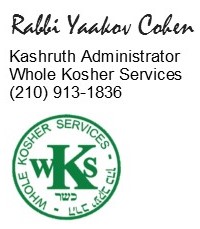Many people will attest that the era we are in right now is unprecedented. This is the advent of “The Green Rush”. What was once the most despised plant in the Western Hemisphere by the “leaders of the free world” is now becoming a cornerstone and crown of agriculture, medicine, and recreational enjoyment. I truly feel honored and humbled to be providing Kosher Certification to the cannabis industry. My son passing away from brain cancer was the catalyst for this journey. But that is a story for another time.
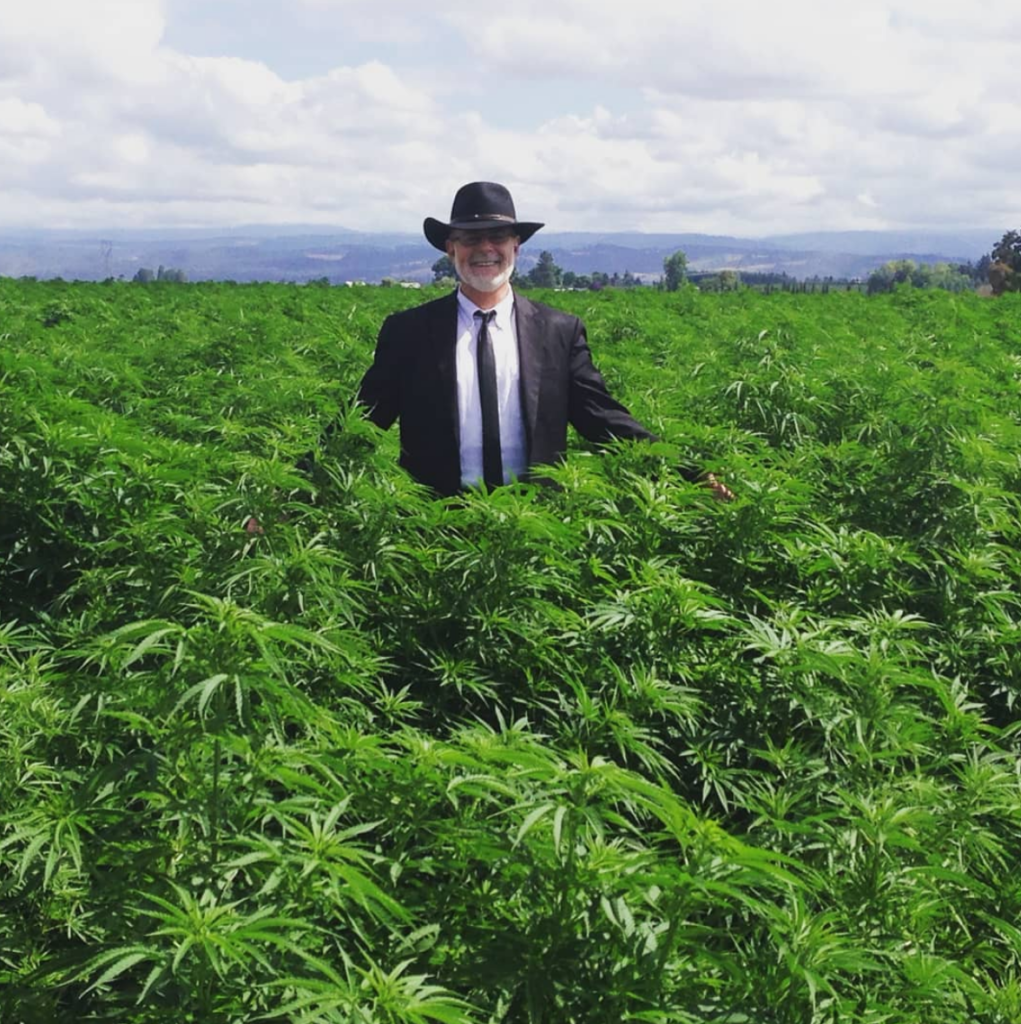
Rabbi at a FS Oil farm and extraction facility in the Oregon countryside.
This past year I have been given the opportunity to be introduced and shown many facilities. I investigated and verified what is kosher and what is not kosher in each one. Many of these plants presented new types of extraction for the cannabis plant. It always delights me to be exposed to new forms of technology that were developed and invented to transfer the medicinal qualities of cannabis into oils, edibles, tinctures, etc. Cannabis isn’t just your hippie neighbors herb garden but a full-fledged industry!
In the Beginning…
It all started in 2017 with Charlotte’s Web. I had a truly eye-opening and exciting experience to certify this product as Kosher. I witnessed their special extraction methods and discovered that it can be kosher certified. Then, one thing led to another and other facilities who produced cannabis oil (CBD) requested Kosher certification. Some of the oils were used for edibles and others for tinctures. They include Iverson Farms (now FSOil), Highland labs, Bloom Farms, Honeyspoon, Kazmira, Zelios. And the list goes on.
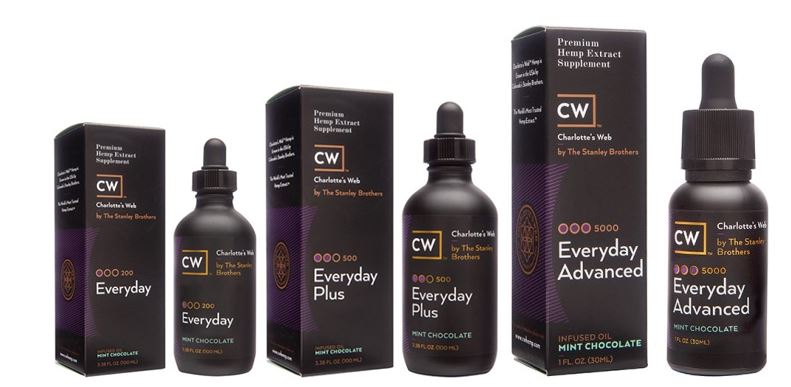
All of Charlotte’s Web’s CBD are certified Kosher by Rabbi Yaakov Cohen @ Whole Kosher Services. 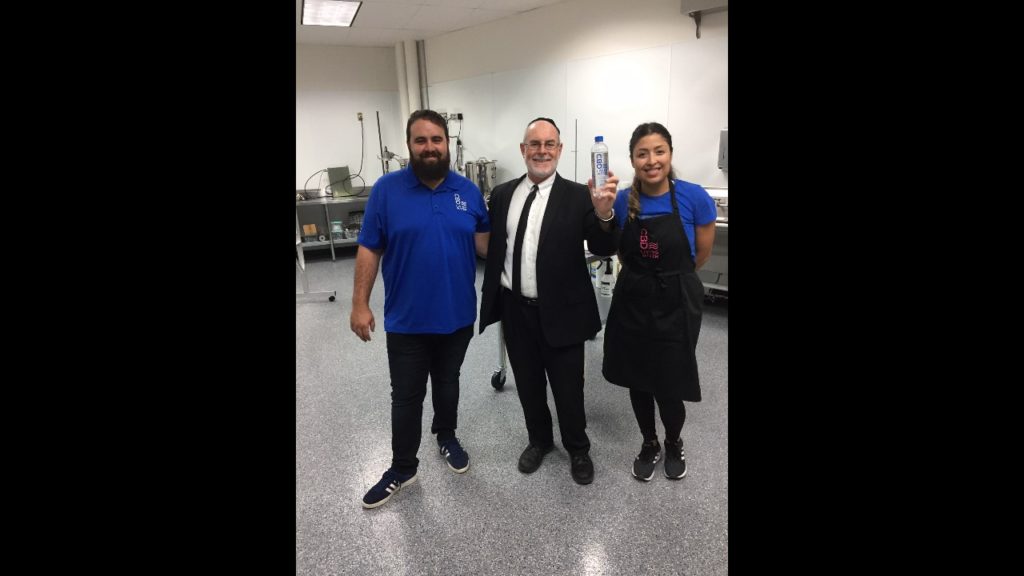
Certification @ CBD Living Water With Sean McDonald. 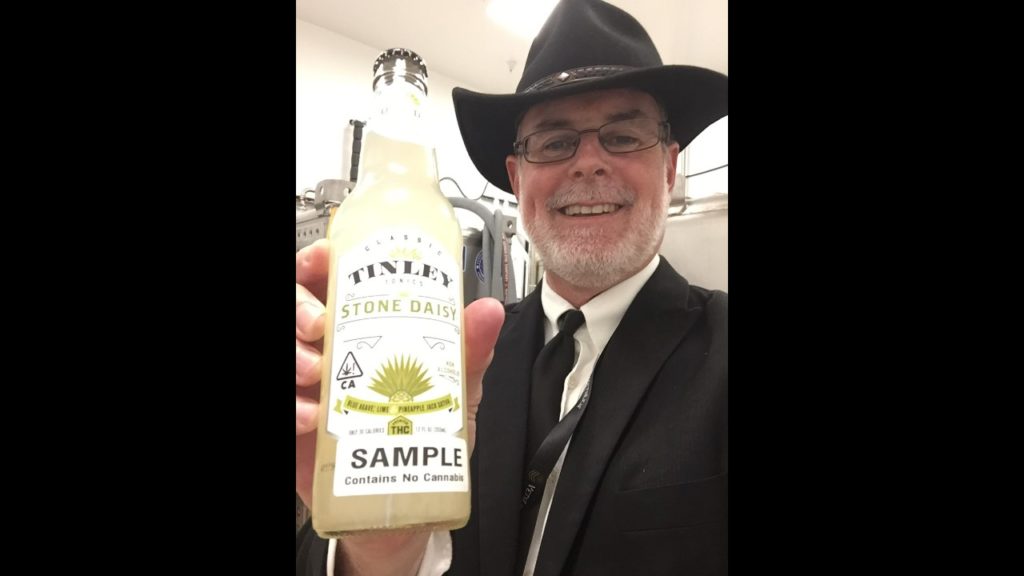
Tinley!
Kosher Edibles
And then came the THC edibles. My right-hand man, Sam, noticed that many companies were posting on Instagram that their products had all kosher ingredients or were certified as Kosher. However, they did not actually have Kosher certification. So, he reached out to them and many were very excited to be given the opportunity to have an actual Kosher certification and be able to put a recognized Kosher symbol on their packaging. It was added value for companies like Creative Infusions, Fruit Slabs, Tinley Beverages, Nanogen, and CBD Living Water and others.With the introduction of pectin as a replacement to gelatin, Kosher certified THC/CBD gummies were now on the market.

Flower Tops and What is Kosher?
I was also invited to go to several farms to provide Kosher certification for the cannabis flower tops. Bottom line, after investigating the cultivation of these medicinal plants, I concluded they don’t really need Kosher certification unless one wants to put them in a salad. Kosher does not mean blessed by the Rabbi. Kosher means “Fit for consumption” as dictated by the laws of the Old Testament and Shulchan Aruch (Code of Jewish Law). There are many laws that go into what is Kosher and they cover a spectrum of food items; from animal products to dairy products, to fish, grape and bug derivatives. In a nutshell, Kosher certification is verification that all the ingredients come from Kosher sources. In the food industry, this certification has become a valuable third-party audit that guarantees a safer and healthier product. It has now entered the realm of cannabis oils tinctures and edibles that not only the Jewish people are seeking, but also Muslims, vegetarians, vegans, and health conscientious persons who feel assured by another pair of eyes on the products they wish to consume.
All in all, it has been a great year for Whole Kosher Services and I am excited to have assisted in many certifications for many cannabis products. If you are a producer of a cannabis product and interested in receiving Kosher certification, please go to our website at www.koshercannabisedibles.com or I can be reached at 210-913-1836. Let me know what I can certify for you.
